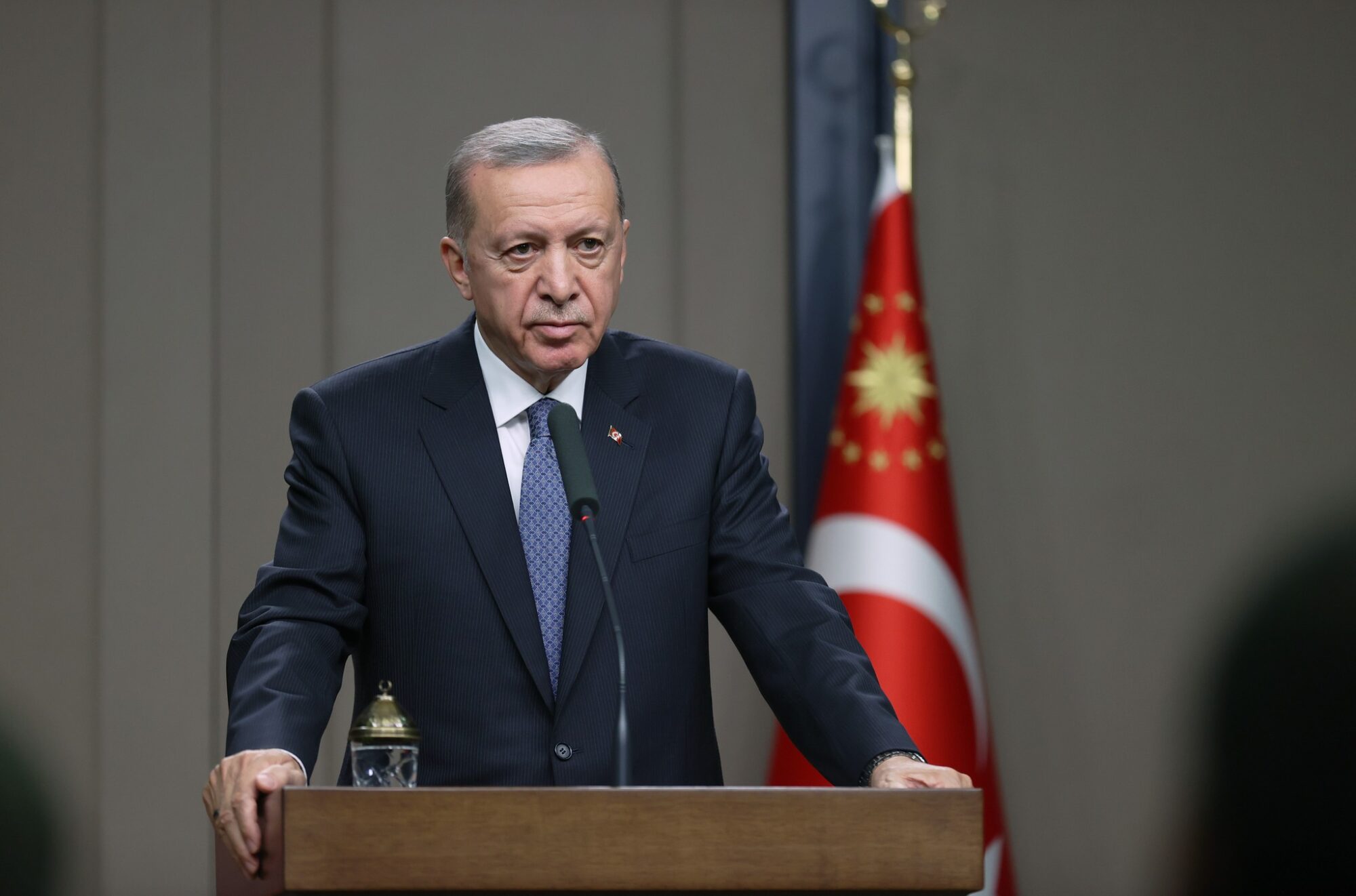
Turkish President Recep Tayyip Erdoğan wants Sweden and Finland to extradite up to 130 ‘terrorists’ for Ankara to greenlight the Nordic countries’ NATO membership.
Erdoğan made the statement last Sunday evening, January 15th, while attending a youth conference in Turkey’s southwestern Muğla province:
First of all, they [Sweden and Finland] need to extradite nearly 130 terrorists for their bids to pass our Parliament, (but) unfortunately, they have yet to do this.
Last summer, Ankara requested that Sweden extradite 73 and Finland a dozen people associated with the PKK (Kurdistan Workers’ Party), as well as sympathizers of Turkish cleric Fethullah Gülen. Ankara has accused the latter, now in exile in the U.S., of having masterminded a failed coup attempt in 2016 during which 251 people were killed and 2,734 injured.
Sweden and Finland applied for NATO membership after the outbreak of the Russo-Ukrainian war. All 30 NATO members need to approve their bids for memberships. So far, 28 countries have ratified the two countries’ bids, with Turkey and Hungary thus far abstaining.
Turkey has a particular problem with Sweden, as it deems the country to be too welcoming of ‘terrorists.’ Questions arose over the legality of extraditing the persons identified by Turkey: while the PKK is considered a terrorist organization by Sweden (as well as by the EU), Gülen’s supporters are not regarded as terrorists.
There is also the question of Erdoğan’s motive for turning up the heat on Sweden by expanding the list of those he wants to be extradited.
In a Monday statement to public broadcaster YLE, Finland’s foreign minister Pekka Haavisto said it could have been a reaction to last week’s incident, when an effigy of the Turkish leader was strung up during a protest by PKK supporters in Stockholm.
The incident provoked Ankara’s ire, and Turkey promptly canceled its plans to host a planned visit by the Swedish speaker of parliament, Andreas Norlén. Haavisto added that since then, Ankara has not communicated any new demands through official channels.
During a Monday joint press conference with European Council President Charles Michel, Swedish Prime Minister Kristersson said that his country was still in a “good position” concerning negotiations with Turkey over its NATO bid.
Since he thinks both Sweden and Finland have fulfilled their commitments to Turkey, Kristersson said that he believes that sooner or later they will become NATO members.
Only days earlier, Kristersson said that Turkey “wants things that we cannot and will not give them,” and that the ball was now “in Turkey’s court.”
Referring to the extraditions wanted by Turkey, Kristersson said Sweden has its own legislation and will adhere to it. “There are demands from Turkey. It is nothing new,” he said.
The matter remains complicated since Turkey has demanded the extradition of not only Turkish nationals seeking refuge in Sweden (such as journalist Bülent Kenes), but Swedish nationals as well.
While Stockholm has been extraditing Turkish nationals since August, it has outright refused to extradite Kenes, who Ankara suspects is linked to the Gülen movement. Swedish citizens, Stockholm has stressed, will never be extradited to another country.
Ankara, meanwhile, is signaling that time is running out for speedy ratification. Last Saturday, Erdoğan’s spokesman Ibrahim Kalin said that Turkey’s parliament would be hard-pressed to ratify the bids in time for Turkey’s much-anticipated presidential and parliamentary elections in May.
In light of this, Erdoğan’s actions demonstrate keen political savvy: countering the Kurdish threat could very well pay dividends at home.
